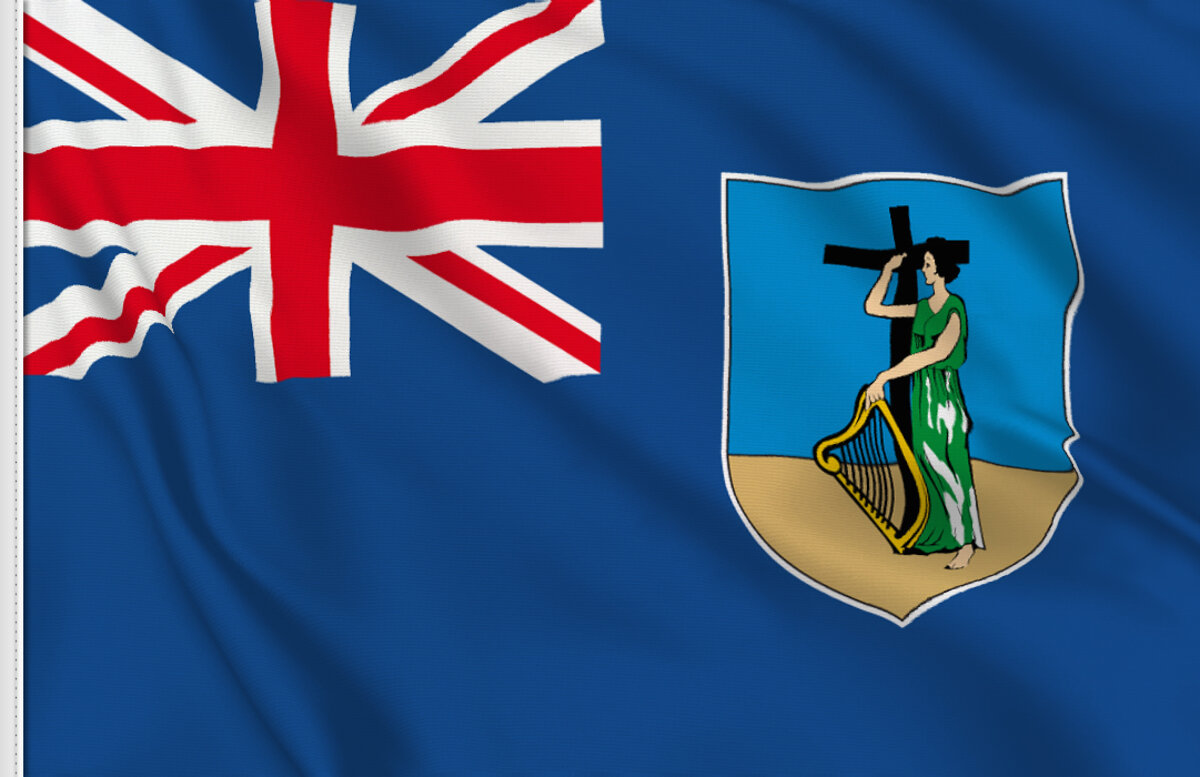25 April 2020
By Bryan Smyth
bryan@TheCork.ie
Cork Business Association is seeking the introduction of 5 Key Initiatives to Support Business Recovery and Preserve Jobs
Hope has been expressed that some of the COVID-9 restrictions may be eased after May 5th in specific sectors such as construction. However, there is no certainty to this and as always in relation to the Covid-19 crisis, all decisions must be taken from a public health safety perspective. The government’s initial response to support employment and economic activity due to the COVID-19 crisis was both proactive and rapid. But we must now plan ahead and aim to exit the crisis in a position that allows us to recover as quickly and robustly as possible.
In Cork, we have seen some high profile business closures and may well indeed see more. In a statement the CBA said:
“It is imperative that we protect as much employment as possible and government measures to date have helped. But a lot more is required and the Cork Business Association is calling for the introduction of a number of targeted business supports. Without which many businesses that are currently closed may not be in a position to reopen. The danger for example in the retail sector alone which employs circa 300,000 nationally is that we will have a further contraction in cities and towns around Ireland and the dilemma of maintaining a dynamic and compelling offer for our customers will be exacerbated. The scale of Ireland’s economic response to date falls well below the average of those countries who have announced packages. The government must provide certainty for business and a signposted road map on how the economy will be supported in its recovery.”
The CBA is calling on the government to introduce as a matter of priority.
1.The Abolition of Local Authority Commercial Rates on all impacted business for a period of 12 Months
There are certain categories of business for which commercial rates are a significant portion of their cost base and we want to see relief in this area to ensure these businesses are enabled to survive and to minimise job losses.
The stark reality is many businesses do not have nor will have for the foreseeable future the necessary cash flow to pay commercial rates thereby forcing many to close. This is the worst possible outcome for all parties resulting in job losses, ongoing revenue loss to Local Authorities and the vista of boarded-up premises on our streets.
Consequently, the Central Government must fund Local Authorities to ensure impacted businesses are relieved of this burden for a twelve-month period. A supplementary commercial rates review should be conducted by each Local Authority in 2021of those impacted businesses that are still fragile and continue to be in recovery mode and a further rates exemption of 3 to 6 months applied on a case by case basis.
2. Commercial Rent Supports
The government must introduce measures to underwrite commercial rents on impacted businesses for the duration of the crisis.
It is important that solutions are found that are agreeable to both landlord and tenant and thus avoid a situation when businesses reopen and are still dealing with this legacy cost. Without a solution, we are in danger of entering a phase of ongoing legal disputes between both sides and each party will have a diminished prospect of survival. A viable rental market and a functioning business sector are critical components of a working economy. The government must devise a mechanism that will provide the support that will assist with a real recovery for Commercial tenants who must be allowed to re-open without having to face legacy costs and landlords who must be aided in meeting their considerable financial commitments. Both landlord and tenant are interdependent on each other and the failure of one will undoubtedly impact the other. Without commercially viable tenants and functioning solvent landlords, no recovery will be possible. During the period of the crisis, the Government must legislate to protect commercial tenants and ban all lease forfeitures. Businesses that have made a successful business disruption insurance claim should not qualify for government rent support.
3. VAT Rate reductions
There must be an extension to the Vat return deadline and Revenue must be flexible with impacted businesses and agree on a timetable over the next two years to pay Vat due during the Covid -19 crisis period.
Introduce a zero % Vat rate for Hospitality, Tourism & Services sectors for a six month period from March to August 2020. Followed by a return to the 9% Vat rate from September 2020
4. Water Charges moratorium
A moratorium on all water charges for 2020 for the Hospitality, Tourism & Services sectors. Water charges are a significant business cost in this sector and applying this moratorium would provide a tangible benefit to businesses and assist in their ability to recover.
5. SME Credit Supports Scheme & Cash Grants Scheme model
There is an urgent need to give liquidity support to businesses in the form of interest-free loans and cash grants because if credit supports are not markedly increased many businesses may not be in a position to re-open when restrictions are eased, others will do so crippled by debts.
Consequently, liquidity and cash flow will be essential in assisting businesses firstly to survive and then recover.
The positive news is the Irish economy enters this crisis in a much healthier state than during the financial crisis, and saving as many companies and jobs as we can, must be a top priority. The Government must provide guarantees to allow banks to lend to small firms at all-time low or zero% interest rates to help businesses survive and recover.
The Government needs to stimulate and provide additional support to the economy by borrowing money and now is the right time to borrow money with interest rates being historically low. In essence, the Government must underwrite a wide range of business costs for a fixed period and provide accessible financial support to help restart the economy.
The CBA believes as this crisis persists more will need to be done to help struggling businesses. But the introduction of these measures will significantly reduce the number of business closures, maintain as many jobs as possible and provide a basis on which our economy can start to function again.


